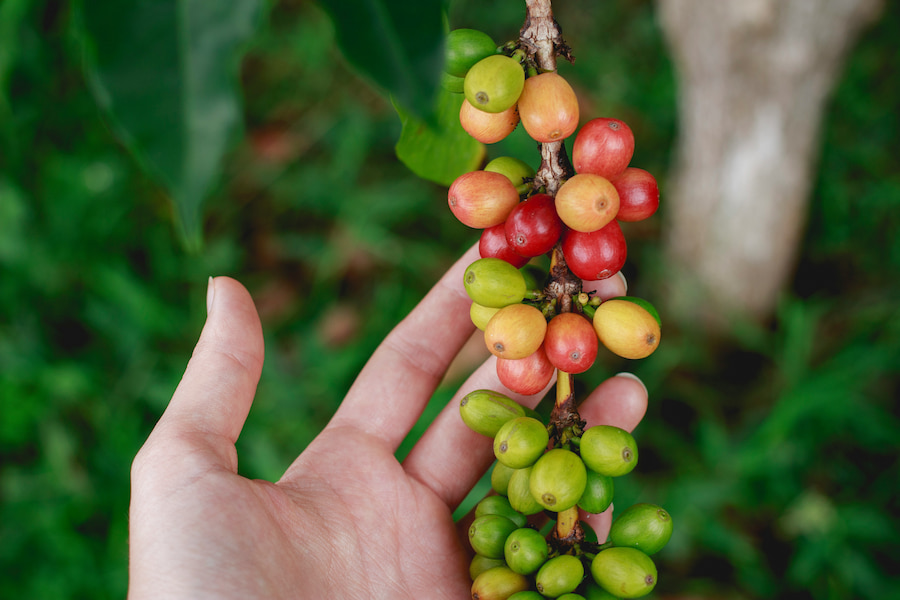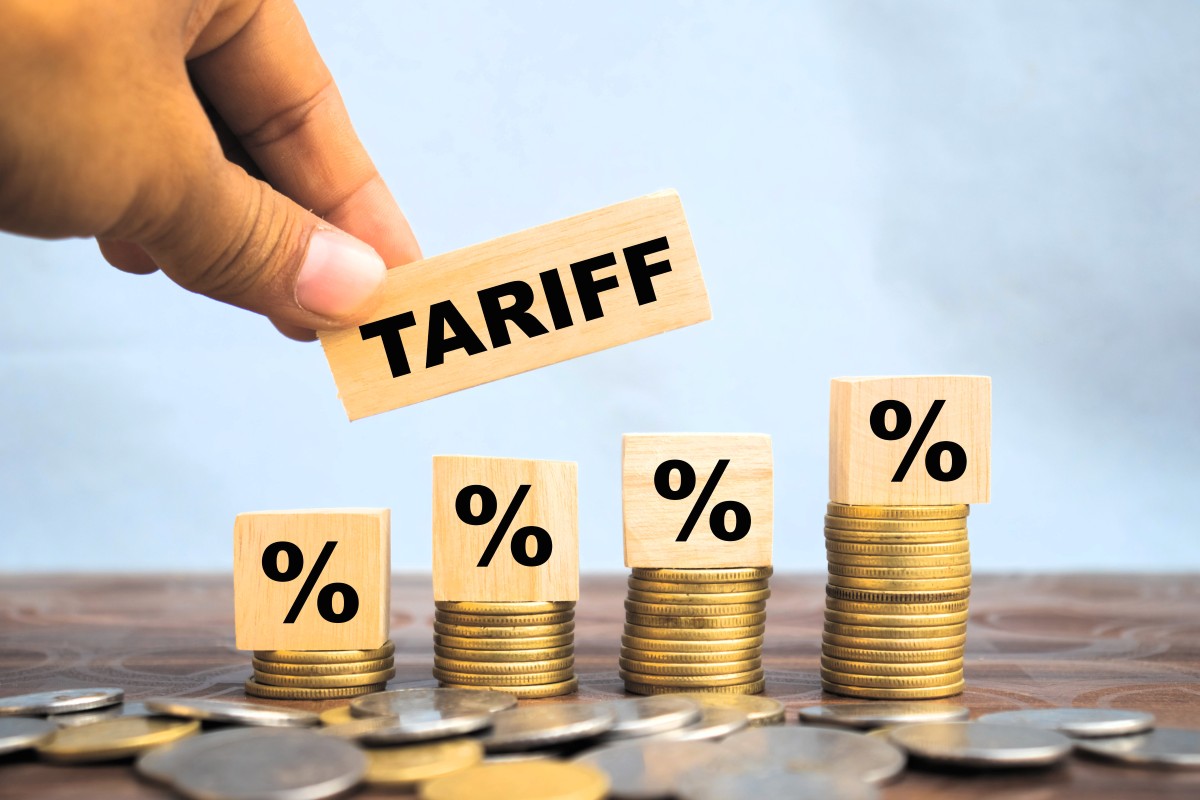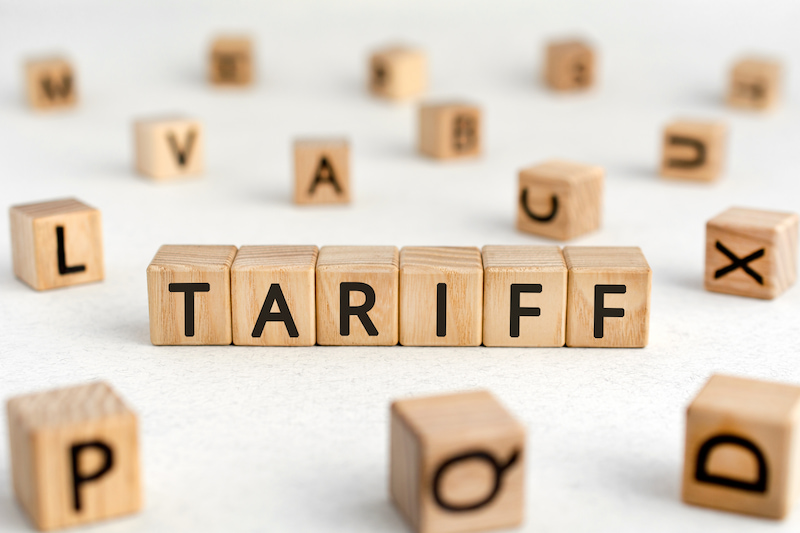How Vietnamese businesses can navigate the newest US tariff reality
Vietnamese businesses face a major challenge as new US tariffs could reach 46%. RMIT lecturer Dr Scott McDonald says that to stay competitive, firms must rethink markets, supply chains, and strategies fast.
Enhancing the competitiveness of Vietnamese products
Vietnamese products are facing significant challenges, even within the domestic market. Two logistics and supply chain management lecturers from RMIT Vietnam shared their insights on this matter.
Navigating US-China trade war shifts, risks, and gains
The US-China trade war is driving shifts in global supply chains. Vietnam sees new opportunities in exports and manufacturing, but challenges like rising costs and trade scrutiny pose risks.
The future is bright for electric vehicles despite challenges
With VinFast officially becoming the number one best-selling car brand in the Vietnamese market in the first 10 months of 2024, what can be said about the potential of the domestic electric vehicle (EV) market?






